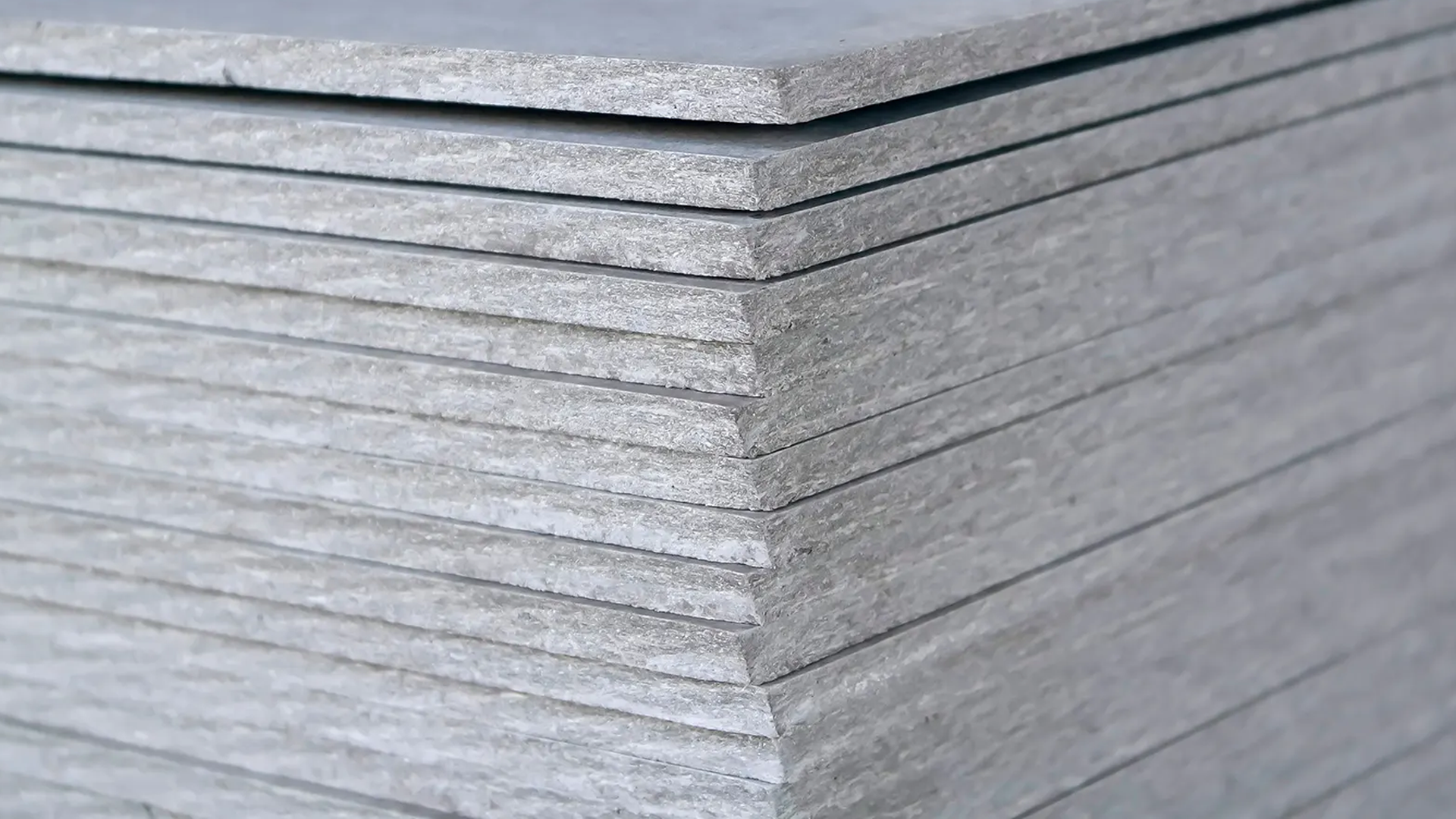Cement boards are versatile construction materials commonly used in tiling applications due to their excellent properties and durability. Here are some key uses of cement boards in the tiling industry:
Tile Underlayment:
Subfloor Support: Cement boards provide a stable and durable surface for tiles to adhere to. They are often installed over plywood or other subfloor materials to create a solid foundation for tile installations, preventing flexing and cracking.
Wet Areas and Moisture Management:
Bathrooms and Kitchens: Cement boards are particularly suitable for areas prone to moisture, such as bathrooms and kitchens. Their moisture-resistant properties make them an ideal choice for tile installations in environments where water exposure is common.
Backer Board for Walls:
Wall Tile Installations: When installing tiles on walls, cement boards serve as a reliable backer board. They provide a flat and even surface for tiles and help prevent issues like mould growth or warping that can occur with other materials in damp conditions.
Fire Resistance:
Fireplace Surrounds: Due to their fire-resistant nature, cement boards are often used in the construction of fireplace surrounds. They provide a non-combustible surface that enhances safety and durability in these areas.
Exterior Tiling:
Outdoor Applications: Cement boards are suitable for exterior tiling applications, such as on patios, decks, or building facades. Their resistance to the elements, including temperature changes and moisture, makes them a reliable choice for outdoor tile installations.
Flooring in High-Traffic Areas:
Commercial Spaces: In commercial settings with high foot traffic, cement boards are chosen as an underlayment for tile flooring. Their strength and durability ensure that the tiles remain securely in place even under heavy use.
Thin-Set Mortar Compatibility:
Adhesive Bonding: Cement boards are designed to work well with thin-set mortar, the adhesive commonly used in tile installations. This compatibility ensures a strong and lasting bond between the tiles and the substrate.
Preventing Tile Cracking:
Preventing Subfloor Movement: Cement boards help distribute the load of heavy tiles more evenly, reducing the risk of tiles cracking over time. This is especially important in areas with unstable subfloors.
In summary, cement boards play a crucial role in the tiling industry by providing a stable, moisture-resistant, and durable substrate for tile installations. Their versatility makes them suitable for various applications, contributing to the success and longevity of tiled surfaces.

